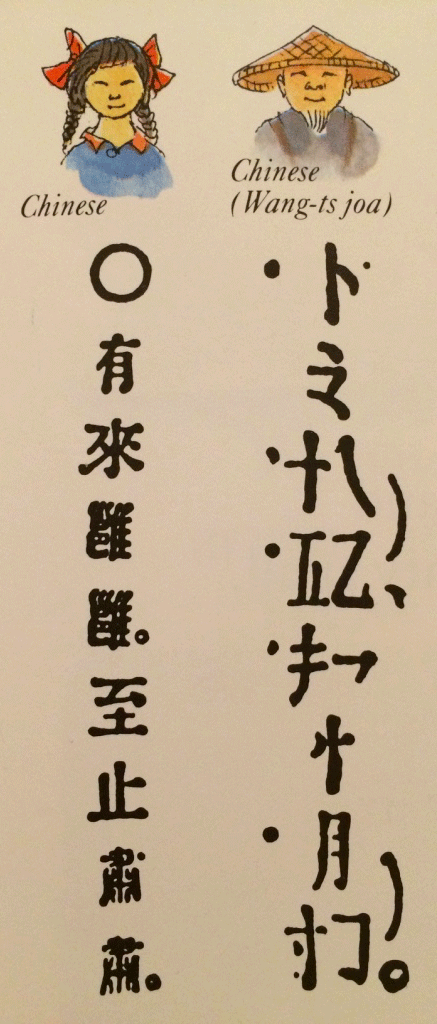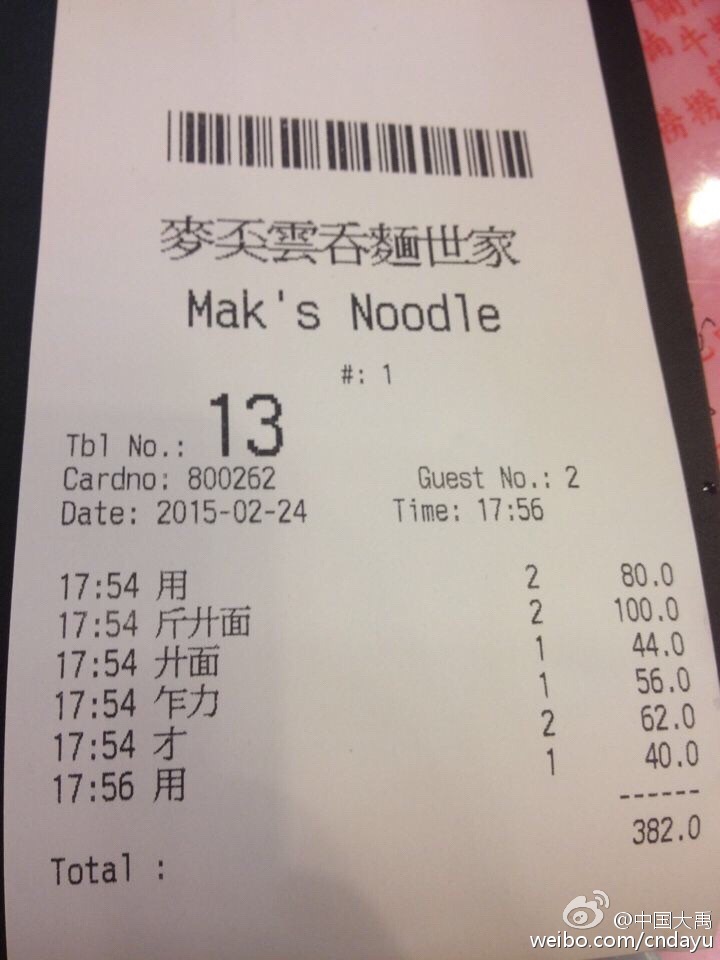A couple of days ago, Geoff Pullum noted that William Zinsser's On Writing Well echoes the Strunkish advice that "Most adverbs are unnecessary" and "Most adjectives are also unnecessary" ("Awful book, so I bought it", 3/21/2015). I share Geoff's skepticism about this anti-modifier animus, and indeed about all writing advice based on parts of speech.
But it occurred to me to wonder whether (various types of) good and bad writing actually do tend to differ in how much they use various parts of speech — and in particular, whether there's any evidence that bad (or at least less accessible) writing tends to use more adjectives and adverbs. Given how pervasive part-of-speech writing advice is, I decided to waste an hour exploring the question empirically.
The results are a bit surprising. At least in this small and conceptually-limited pilot exploration, I found that writing regarded as bad (and perhaps also certain kinds of technical writing) tends to have more adjectives but fewer adverbs, and more nouns but fewer verbs.
The "more nouns and fewer verbs" effect seems to be especially strong — but I've never seen any writing guide that tells us to "write with adverbs and verbs, not adjectives and nouns".
Read the rest of this entry »




